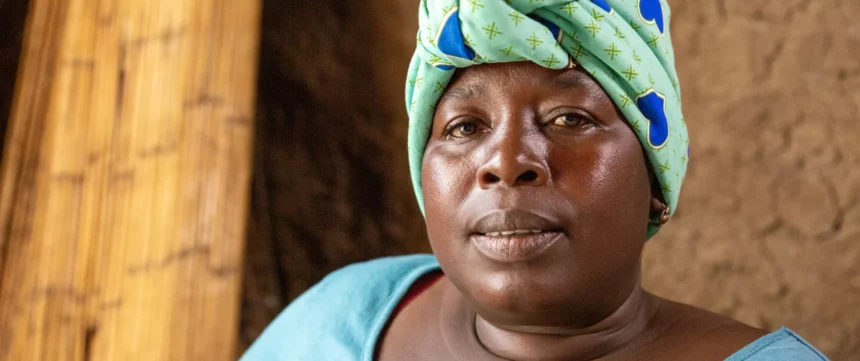By Raymond Korede
The International Labour Organization (ILO) has launched a powerful new resource to help countries advance toward universal health coverage and social protection for all. The unveiling of the Social Health Protection Toolkit on World Health Day reinforces the ILO’s ongoing commitment to health as a human right and to the creation of inclusive, sustainable health systems worldwide.
“This toolkit is a major step forward in supporting our Member States as they navigate the complex journey toward achieving universal health coverage,” said Shahra Razavi, Director of the ILO’s Social Protection Department. “It’s not just about technical guidance—it’s about empowering countries to build rights-based systems that put people at the center.”
The toolkit is a comprehensive digital platform designed to provide policymakers, technical experts, and development partners with practical tools and policy guidance tailored to each country’s unique context. From financing mechanisms to building climate-resilient systems, the toolkit covers essential aspects of social health protection.
Among its features are international labour standards, case studies, video explainers, country-specific pages, and training opportunities. It draws heavily from ILO’s own legal frameworks—such as Convention No. 102 and Recommendation No. 202—which emphasize minimum guarantees for medical care and income security in times of sickness and maternity.
The launch arrives at a pivotal moment, as global leaders debate how best to prepare for future health crises in the wake of the COVID-19 pandemic. The pandemic, the ILO notes, exposed severe gaps in access to healthcare and underscored the critical need for well-coordinated social protection systems.
According to the ILO’s World Social Protection Report 2024–26, more than two billion people still lack financial protection from healthcare costs. The report also stresses the essential role of health and care workers—calling for better working conditions, legal protections, and inclusion in decision-making processes.
“The pandemic has shown us that we cannot separate health systems from social protection systems,” Razavi added. “This toolkit helps bridge that gap by providing actionable guidance rooted in international standards and real-world experiences.”
The platform is available in English, French, and Spanish, with plans for continuous updates including new data, publications, and training modules. It also complements the ILO’s Global Flagship Programme on Building Social Protection Floors for All, an initiative focused on capacity-building and advisory services for member states.
With this initiative, the ILO reaffirms its dedication to ensuring that no one is left behind in accessing healthcare and social protection—a vision in alignment with the United Nations’ Sustainable Development Goals (SDGs).
“Access to healthcare is not a privilege,” said Razavi. “It is a fundamental human right. And this toolkit is here to help make that right a reality for all.”




